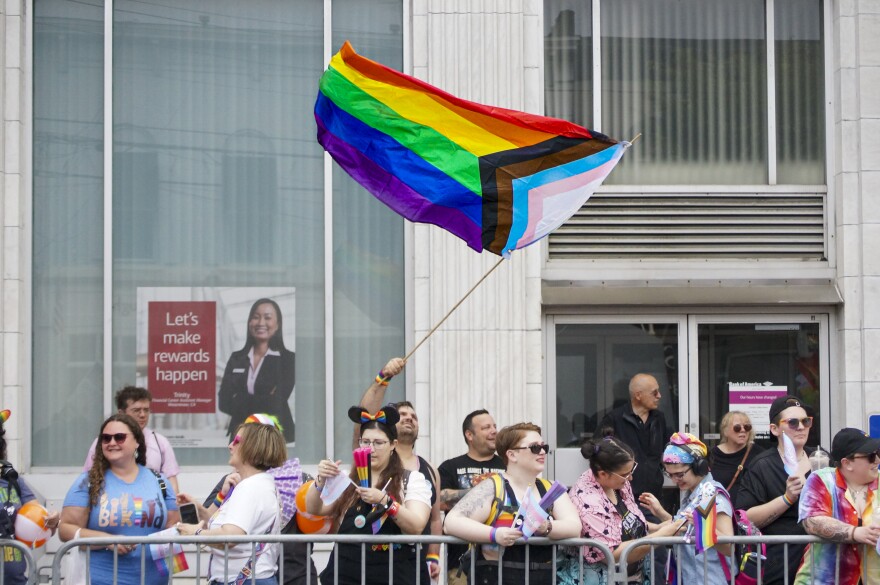The Human Rights Campaign has rated nine Connecticut and two Long Island municipalities on their LGBTQ+ policies and accommodations. It's part of their Municipal Equality Index, which scores 506 U.S. towns and cities annually.
Connecticut received an average score of 76 out of 100. Long Island received an average score of 52.5 (New York State’s average across 10 municipalities was 89.8).
Municipalities are rated on non-discrimination policies, public accommodations, transgender inclusive health benefits, and law enforcement policies. They are chosen by population size, demographic, and what is located there (i.e., the state capital or state’s largest public university).
The report's founding author Cathryn Oakley said the law enforcement aspect has two elements: whether the police department has an LGBTQ+ liaison, and whether the department is reporting hate crime statistics to the FBI.
“Hate crimes on the basis of sexual orientation and gender identity are one of the top reasons for hate crimes, after race and religion,” Oakley said. “And so I think it's really important for us to be focused on this violence. And it's one of the reasons why this section of the MEI is worth 22 points out of 100, because this is really important.”
According to the index, the Northwest Harbor received a score of 44, and got zero points for law enforcement policy. Brookhaven got a 61.
But Oakley said there’s always room for improvement.
“One of the things that's really important about the Municipal Equality Index is that it does function as a report card, but also, it functions as a to do list,” Oakley said. “And so the hope is that for cities that want to be able to do better, they can look at their MEI score, and they can look at the places that they have room to improve.”
The index has been released annually for 12 years.
Oakley said over the last decade, scores have been “stagnant but slightly better.”
She cited statewide non-discrimination laws and LGBTQ+ friendly legislators that cities depend on instead of codifying their own protections.
“That slightly less significant sense of urgency may keep some of these cities from throwing themselves into improving,” Oakley said.
For cities like Norwalk and Stamford, who received 100s, Oakley said the work lies in helping their neighbors get up to speed.
“Having peers in other cities, who are able to say, 'look, I understand that this might be confusing, but this is why it's really important, and this is how we did it,' that's really, really critical,” Oakley said. “Because most of the time the folks who are in the city governments really do want to be doing the right thing by the community, and maybe they just don't know where to start.”


